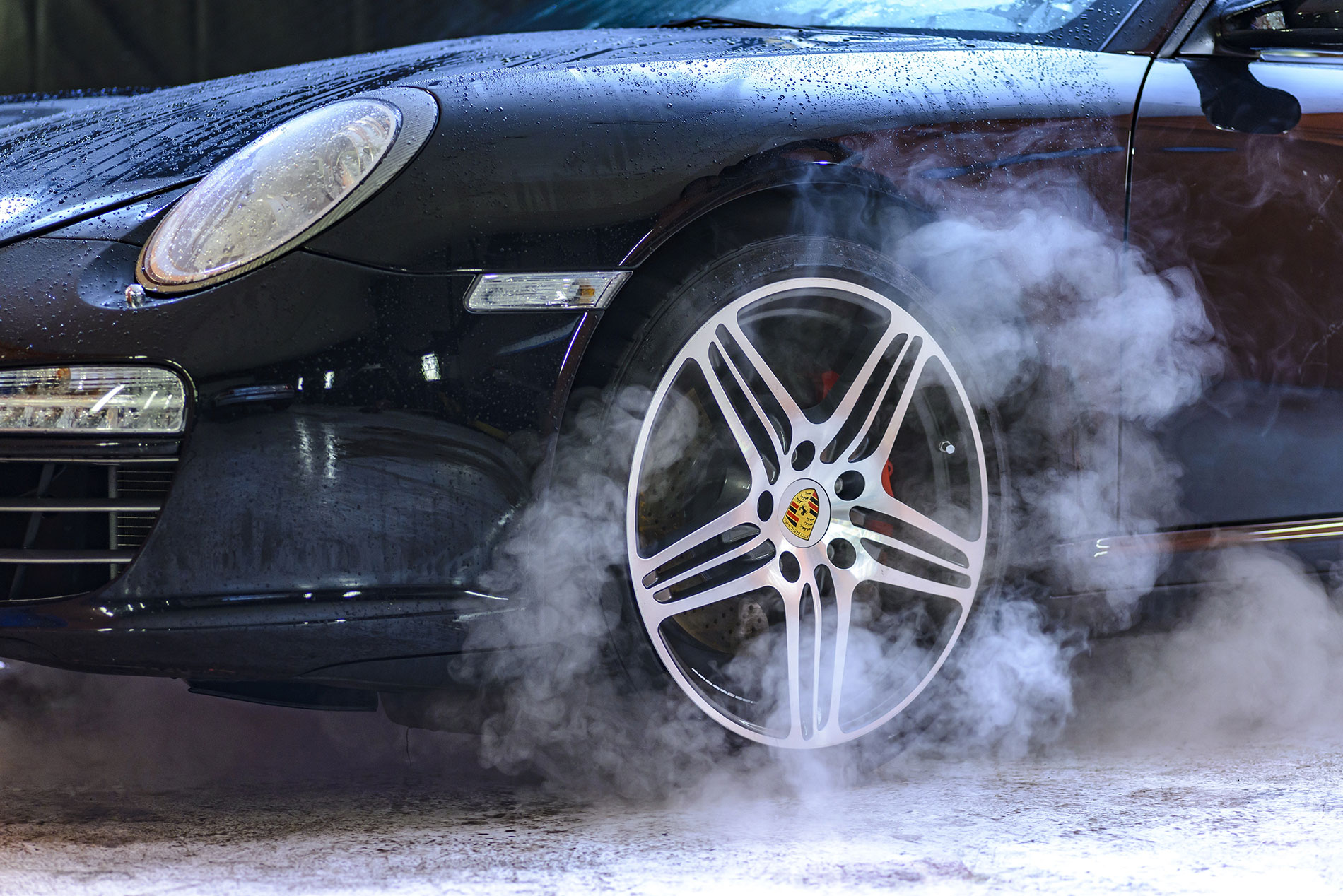What causes smoking brakes? Discover the reasons and DIY solutions for smoking brakes, as well as brake overheating systems.
If your brakes are smoking, it is generally a sign of an issue that requires immediate corrective action, with new brake pads being the exception. However, even new brake pads still warrant your attention.

Excessive heat is the primary cause of smoke, which is generated by the friction in the brake system, with the pad-rotor or pad-drum contact being the greatest source of friction in this system.
Prevent expensive repairs: A guide to checking your brake pads.
First, assess your driving habits. Excessive braking can lead to overheated brakes and smoking. Hard braking from high speed, accelerating and braking simultaneously, and continuous braking while driving downhill can all cause excessive heat buildup. If you detect smoking brakes, stop your vehicle and allow it to cool. If you must continue downhill, shift into a lower gear to limit your speed instead of riding the brakes.
Take caution when identifying evidence of smoking brakes. Overheating the brake system can cause brake fluid to boil, leading to a change in composition and system failure. Even if you plan to fix the issue yourself, consider towing the vehicle if the problem is related to mechanical malfunction and cannot be corrected immediately.
Smoking brakes after new pads and rotors may be normal, as new brake pads may require a break-in period. Although manufacturers prepare new brake pads for use, the demands of a caliper piston pushing the pad against a quickly turning rotor exceed conditions they can replicate in production. Many pads experience a final cure during the days after installation and may emit some smoke as part of the process. If your brakes emit a small amount of smoke, the vehicle does not pull to one side, and a visual inspection shows good pad motion, then monitor the situation. Curing should resolve within a few hundred miles.
If the smoking brakes persist and are not related to post-installation curing of new brakes, several mechanical issues require exploration. Malfunctioning calipers (disc brakes) or wheel cylinders (drum brakes) are the most likely culprits of overheated brake pads. In either case, the pistons that transfer hydraulic pressure to the pads can corrode and stick, causing the pads to build up enough heat to smoke. Corrosion can also impede caliper motion at the carrier pins and cause them to stick.
Prevent these issues by applying high-temperature brake grease to all moving parts during brake maintenance. This simple preventative measure can help avoid future problems. Uneven wear on opposite sides of the rotor or drum may indicate an underlying issue. If a malfunction occurs, corroded brake pins must be replaced, and calipers or wheel cylinders may require reconditioning or replacement, which can be time-consuming and costly.
Smoking brakes can also result from less common causes, such as road debris obstructing caliper motion or internal debris blocking brake fluid flow, preventing pressure from subsiding when the brake is released. Clearing obstructions can rectify the former, while the latter may necessitate a fluid change or new brake line.